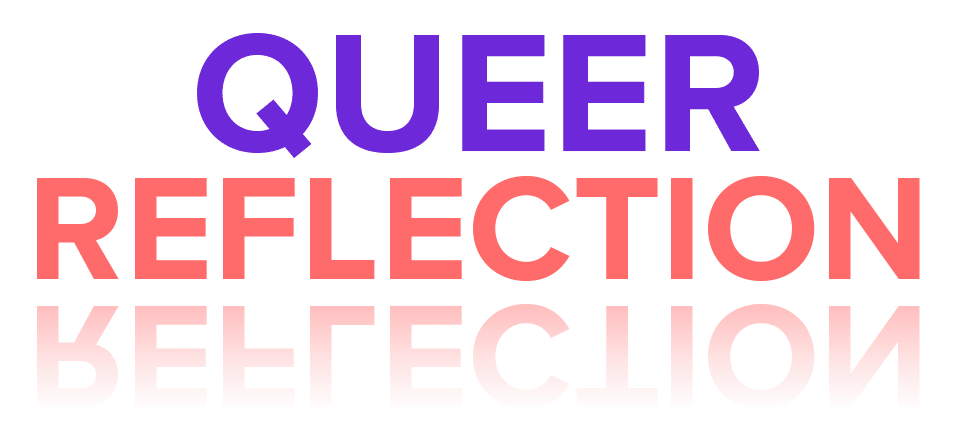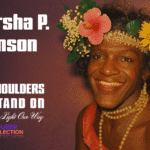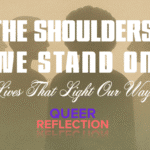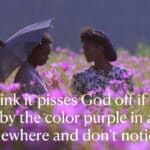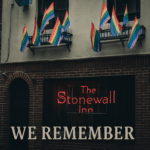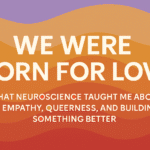Before I had language for what I was—before I said “I’m gay” out loud, before I knew the word empathy or even the word queer—I had Erasure.
I was a kid who felt too much, too early. And when I first heard “Hideaway” by Erasure, something in me split wide open. It wasn’t just a song. It was recognition. It was refuge. It was truth wrapped in synthesizers.
“One day the boy decided / To let them know the way he felt inside”
That lyric told a story I knew by heart—long before I was brave enough to live it. A boy comes out. His mother cries. His father grows cold. He doesn’t fit the script. And so, the world tries to fold him inward.
At the time, I couldn’t articulate how deep the shame ran. But Andy Bell and Vince Clark could. In under four minutes, they gave my ache a soundtrack and my silence a melody.
“Don’t be afraid / You don’t have to hide away”
I clung to that chorus like a life raft. Not because I believed it—yet—but because I wanted to. I wanted to imagine a world where hiding wasn’t the only safe option. Where love could mend the wing I was constantly tucking behind my back.
What Erasure did with “Hideaway” was revolutionary. They told the truth. Tenderly, defiantly, clearly. In a decade filled with coded metaphors and queer subtext, they sang it plain.
“Oh my father, why don’t you talk to me now? / Oh my mother, do you still cry yourself to sleep?”
That lyric haunted me. Not because it was dramatic, but because it was real. It captured the grief so many queer people carry—the grief of disappointing those we love simply by being ourselves. It named a heartbreak I hadn’t even admitted yet.
Years later, when I began building Queer Reflection, I realized I was still answering that heartbreak. I was building something for the boy in that song. For the one hiding in plain sight. For the one who couldn’t keep the secret anymore.
”Far from home now / Waiting by the telephone”
That distance—between self and safety, between family and truth—still exists for so many. Queer Reflection was born to close that gap. Not through politics. Not through theory. But through empathy. Through story. Through experience.
We built it so users could step into queer lives—not to watch, but to feel. So they could understand, even for a few minutes, what it’s like to hide. And then, what it means to come out of hiding.
“Love will mend your broken wing / Time will slip away / Learn to be brave”
That’s the heart of it. That lyric doesn’t just describe a moment. It offers a future. A possibility. A gentle roadmap out of fear and into flight.
Erasure didn’t just soundtrack my life. They helped shape my soul. And Hideaway? That song gave me my first glimpse of emotional freedom. Today, Queer Reflection is my way of paying that forward—of building a space where no one has to hide, where stories heal, and where empathy becomes action.
“Don’t be afraid.” I wasn’t. Not after that song. Not anymore.
